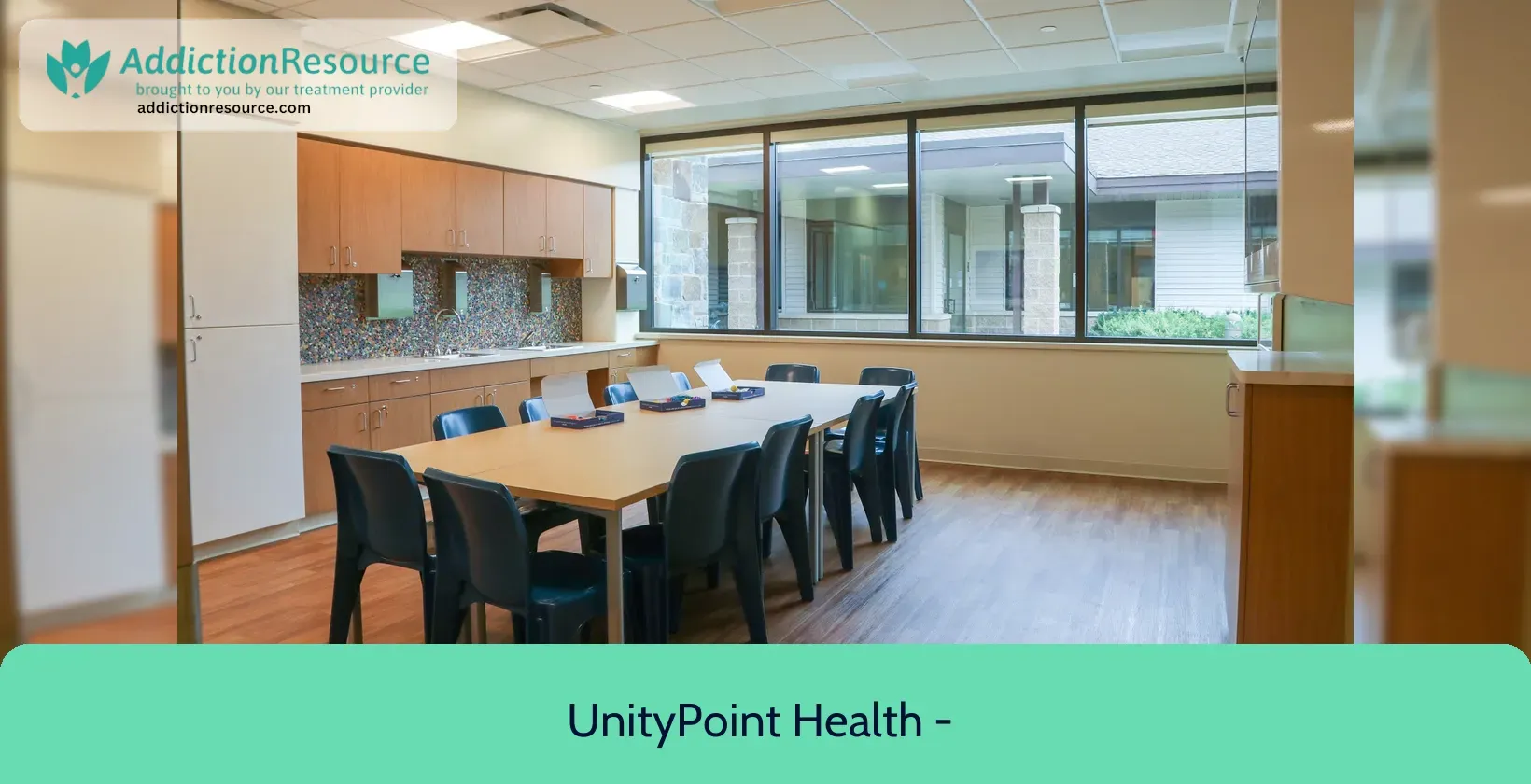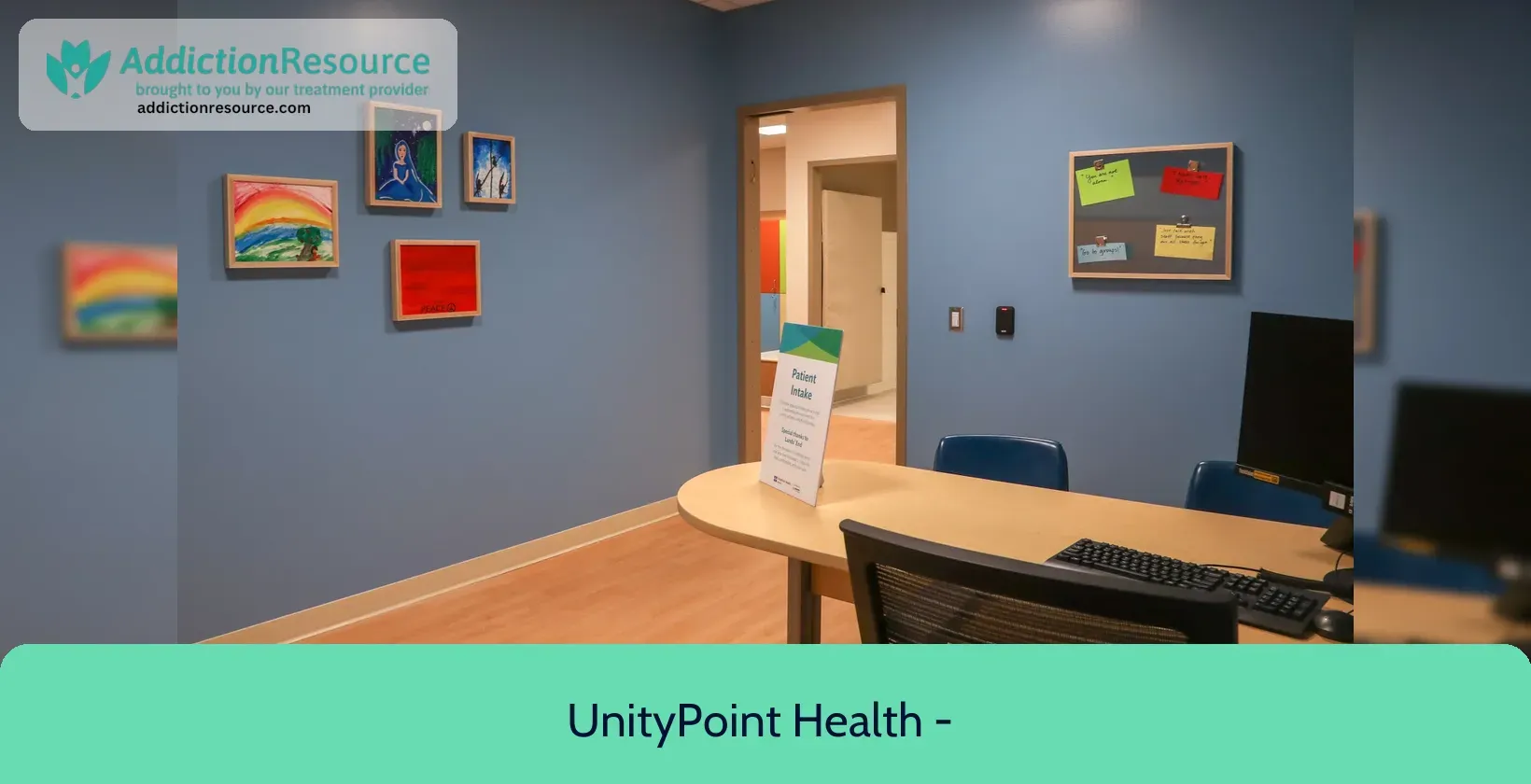

Insurance
Payment Options
- Cash or self-payment
- Medicaid
- Medicare
- State-financed health insurance plan other than Medicaid
- Private health insurance
- Federal military insurance (e.g., TRICARE)
- State mental health agency (or equivalent) funds
- State welfare or child and family services funds
- State corrections or juvenile justice funds
- Other State funds
- County or local government funds
- IHS/Tribal/Urban (ITU) funds
 Addiction Resource Score
Addiction Resource Score
Scoring is assigned by a proprietary system which helps surface key metrics that determine quality. The 10-point scale factors in categories such as operations, customer satisfaction, and trust metrics.
8
Out of 10
We understand that choosing an addiction treatment center can be overwhelming, especially with so many options, promises, and marketing messages. That’s why we’ve developed a clear, standardized rating system designed to cut through the noise and highlight what truly matters: safety, quality of care, and transparency. Our goal is to give individuals and families the information they need to make confident, informed decisions during a critical time.
In this guide, we explain exactly how we rate treatment centers—from accreditation and staff credentials to therapy options, facility environment, and family involvement. You’ll see how we assign scores, award badges, and update listings to ensure accuracy and fairness. Most importantly, our system focuses on elevating centers that prioritize ethical, evidence-based care, not just those with the best marketing. This way, you can trust that the ratings you see reflect meaningful standards that help you find the right fit for lasting recovery.
Treatment
Treatment Options
- Screening for tobacco use
- Comprehensive mental health assessment
Conditions Treated
- Mental health treatment
Levels of Care
- Hospital inpatient/24-hour hospital inpatient
- Partial Hospitalization Program
Treatment Modalities
- Couples/family therapy
- Group counseling
- Cognitive behavioral therapy
- Dialectical behavior therapy
- Activity therapy
- Smoking/vaping/tobacco cessation counseling
Facility Operation
- Private non-profit organization
- Program Tailored for LGBTQ Clients
Screening
- Metabolic syndrome monitoring
- Laboratory testing
Ancillary Services
- Case management service
- Chronic disease/illness management
- Diet and exercise counseling
- Education services
- Family psychoeducation
- Integrated primary care services
- Psychosocial rehabilitation services
- Suicide prevention services
Age Groups Accepted
- Children/adolescents
Gender Accepted
- Female
- Male
Smoking or Vaping
- Smoking not permitted
- Vaping not permitted
Hope Without Commitment
Find the best treatment options. Call our free and confidential helpline
Most private insurances accepted



 FindTreatment.gov
FindTreatment.gov